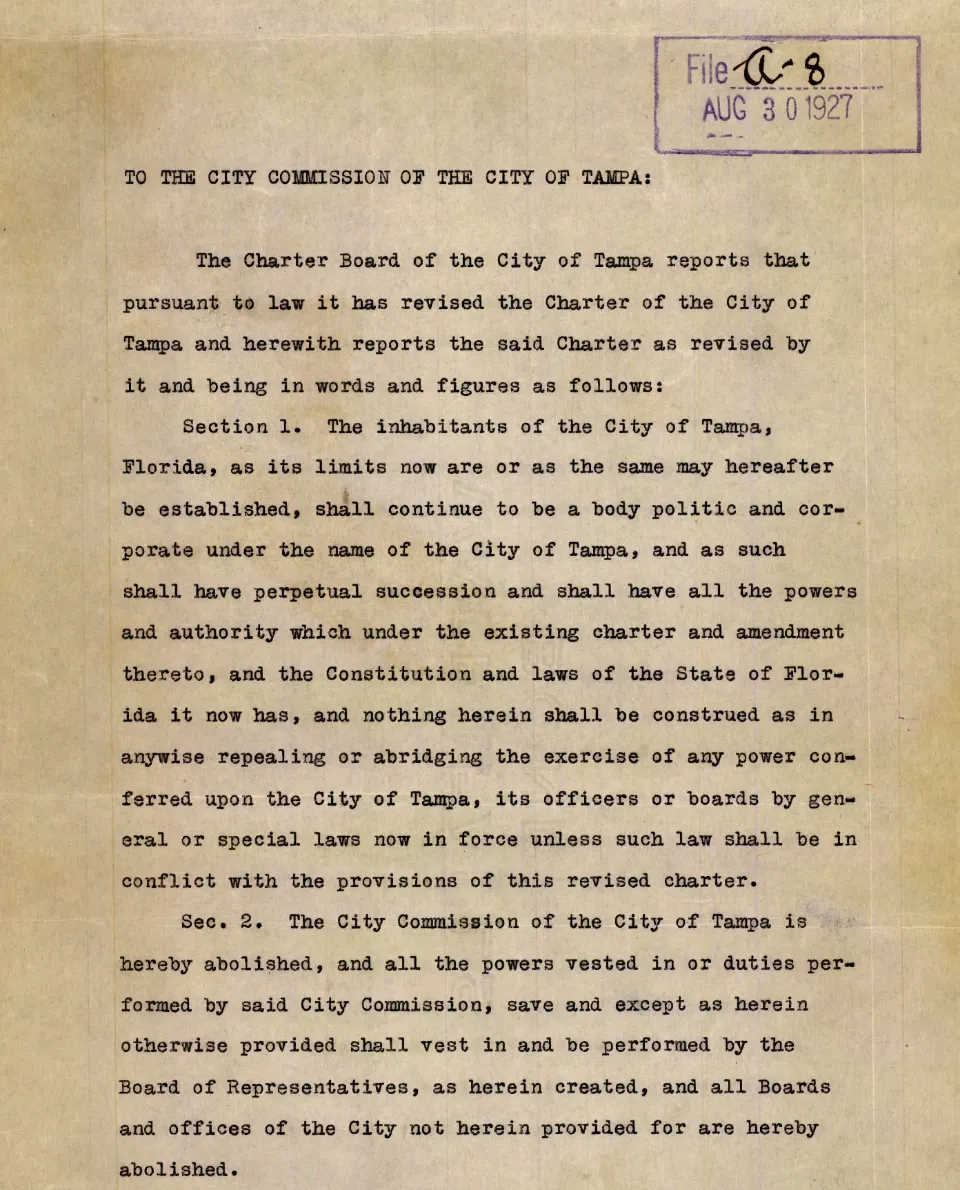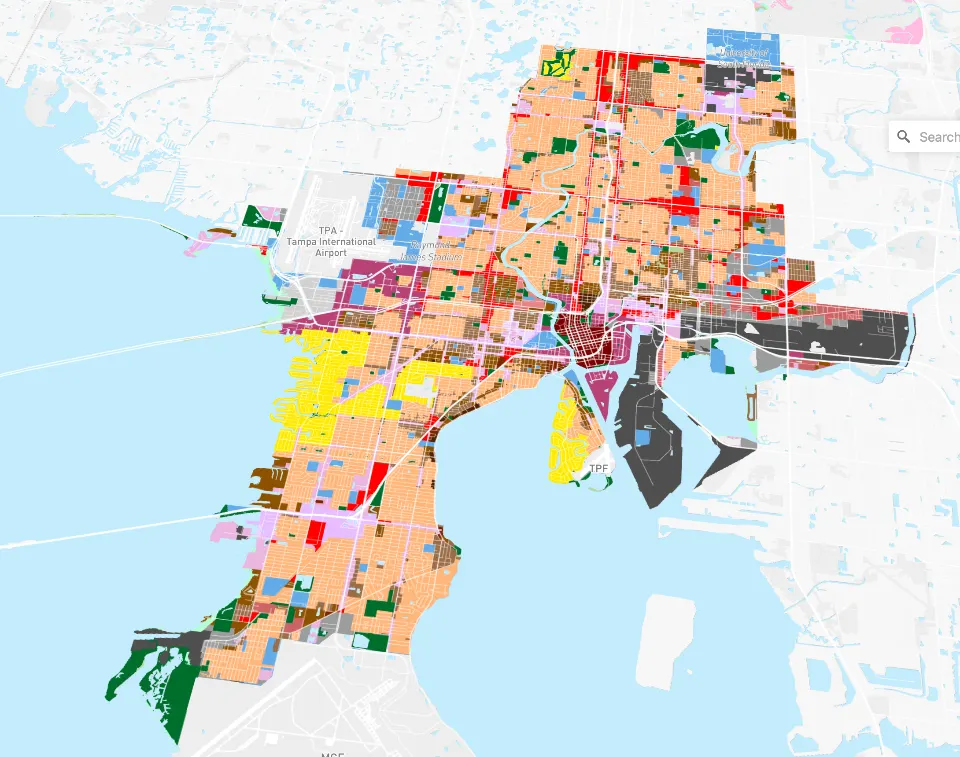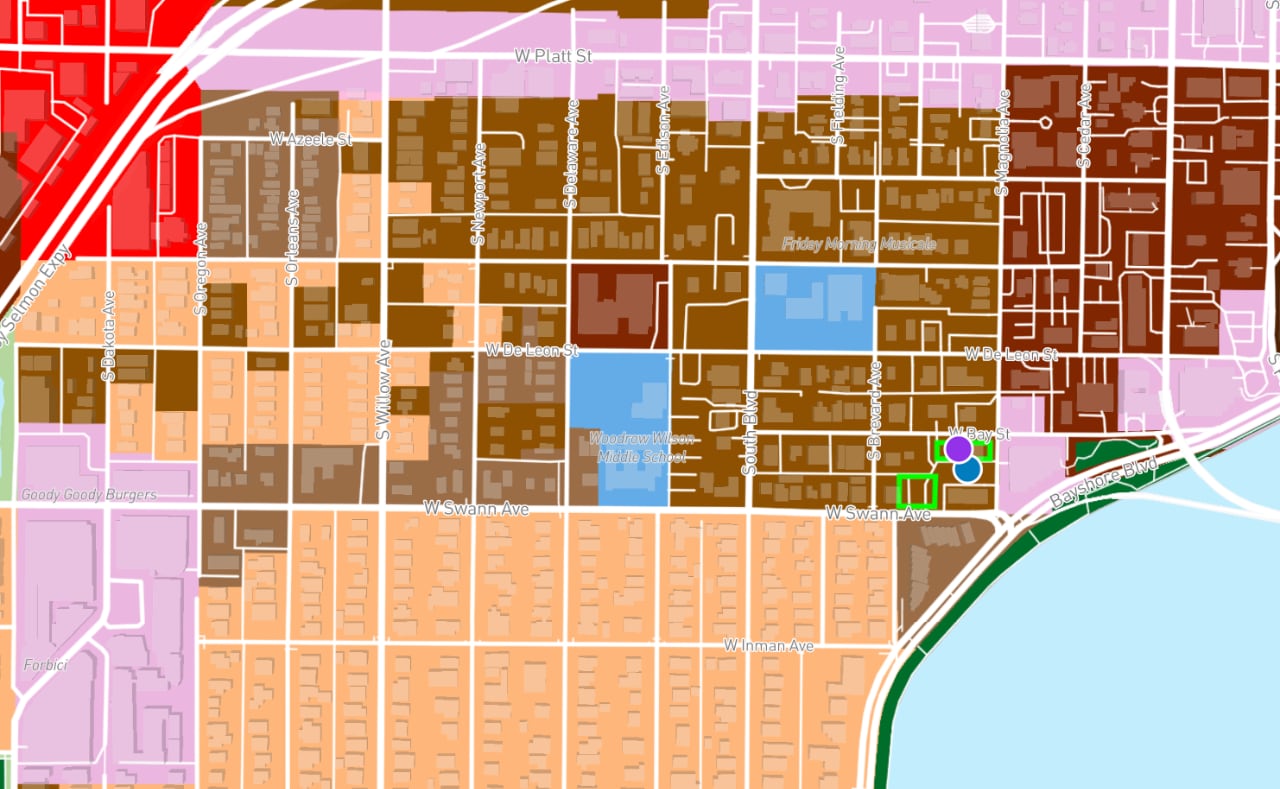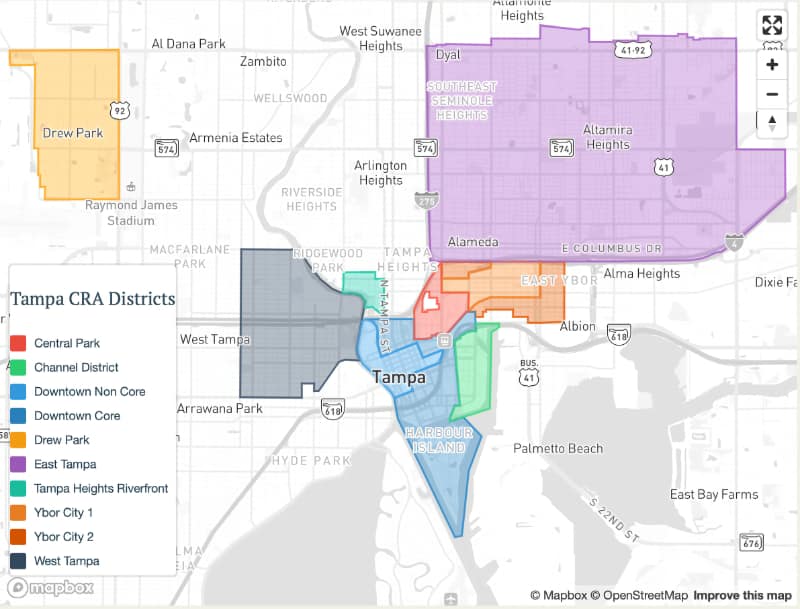I have a lot of thoughts—I’ll dive into CIP next week—but the gist is I think it’s conservative and a little opaque. The reality is there’s not a lot of money after folks get paid. The real question is how is Council going to approach it?
First, what qualifies me to have an opinion on the budget? Nothing. That’s the point. I’m a citizen of the city. Nothing more. I do not try to represent any expertise beyond basic math. I tried taking accounting and I couldn’t get past setting up the ledger. Maybe they let you use software for that now. But the point is, I don’t think the city budget should be a giant mystery. I think it should be something that everyone can understand the basics of. And trust that what gets approved gets built in a responsible manner.
How did we get here again?
Prior to late last summer, I was more focussed on land use stuff. I paid attention to the discussions and saw the price tags so I had a general idea of what had been approved and how much it cost, but that’s it. I didn’t oppose the millage increase. I didn’t’t disagree we have a revenue problem—I thought there should have been a discussion on how best to spend the money.
Which the Mayor was fully prepared to do. The Chief of Staff made clear they were ready to look at different scenarios and move money around in the buckets. The caveat was, once Council voted down the millage, the budget was theirs to figure out. The Mayor wasn’t presenting two options, one with and one without the millage. That was going to be up to Council to decide where to make the cuts. Council wasn’t prepared for that consequence. I’m not here to speculate beyond that—I shared how I felt about the situation at the time. After 2 workshops, an hour before Council was set to vote on a budget, the Admin forwarded a new proposed CIP and FY 24 budget an hour before the second hearing without the millage increase. Council approved that proposal.
Since then, I have tried to pay as close attention and ask as many questions about the process because as I said last year, I think the process is broken. It makes no sense for a Council to approve a budget and then 3 months later not understand what they approved when it comes to moving forward with a 5 year plan to build fire stations. Routinely projects get approved in a budget, nothing happens and then it comes back at 3, 4 times the cost.
I think this city treats the budget far more fluid than one might expect. We make the numbers match and then wing it for the rest of the year fighting about who is responsible for approving what.
So, what are my first thoughts?
I think the mayor fulfilled her responsibility per the Charter. She presented a budget proposal a month earlier than required to Council. It’s now up to Council. I’m still not sure what the process is going to be. There are 2 workshops scheduled, then the first public hearing. It would be nice for Council to have some conversation about how they are going to proceed. They can completely rewrite the budget as long as there’s 5 votes. Or they can modify certain portions. Take a million out of this, add a million here. Not approve this project in FY27-29 in the 5 year CIP. And that’s what I do not think there’s a plan for. When would Council entertain those motions? Would the public have an opportunity to comment on a specific proposed change? How would Council present their changes to the public? Would there be two versions of the budget online one with the mayor’s proposal, one with changes made by Council? A lot of things I don’t think have been thought through. Council has had a year to address this. Hiring a budget analyst doesn’t answer any of those questions. A Council attorney didn’t keep Council from approving a budget they hadn’t actually seen.
Beyond the process, I want to be clear, I do not look at enterprise funds. Waste collection rate increase was approved this year that go into effect start of the fiscal year. Water was addressed at the start of the PIPES program. That doesn’t mean Council doesn’t have to, but they kinda run themselves, as intended. Water money can’t be spent on parks.
The reality is there isn’t a lot of money left over after bills get paid. I don’t begrudge paying folks. Between FY23-25 most salaries have increased 27%. Last summer’s drought and heat led to record electric bills. The city wasn’t spared in those costs. Council approves tens of millions of dollars in maintenance and repair contracts seemingly monthly. Just recently it was several million in HVAC repairs. That was the whole pitch last year for increasing the millage rate. Yes, we managed, but really, what has significantly been accomplished that wasn’t paid for with credit?
The point is, there’s still a revenue problem. Or a spending problem depending on who you ask. I believe the Admin is being conservative in their revenue projections. I recall by September last year being able to adjust the numbers up after the millage failed. Council approved $9 million in new spending last week from increased revenue in FY24. By consent. Keep that in mind when there’s a 2 hour discussion over a $10 million project and how to pay for it.
One point of contention I have with the mayor’s proposed budget is what appears to be a change in how capital improvement projects appear in OpenGov. There are $5 million expenses for “building repairs” but no connection to what building or project. It’s very opaque.
I’m looking forward to hearing what my neighbors think through the workshops and public hearings. I’ll also be listening closely to Council as the discussions progress as to what they think is missing or misplaced. Personally I think our parks are woefully underfunded. I only saw $1 million in CIP for “small neighborhood parks”.
What I haven’t discussed yet is the Community Investment Tax. This budget and the proposed borrowing in it assumes the CIT will pass and that we won’t have even more of a revenue problem in FY27 when the current CIT expires. We won’t know if that passes until after the scheduled second hearing on the budget.
One option that I think could help minimize drama and friction would be for the Mayor and Council to agree now that they will maintain the current budget through the election and freeze any new spending (the Charter fully accounts for this. A continuing resolution. Congress has been working off of them for years.) Proceed with the budget process, being optimistic the CIT will pass, but also preparing a contingency.
Schedule the budget vote on November 7th at which point Council members will be fully aware of the status of CIT through its expiration November 30, 2026. Failure to pass the City would be looking at a budget the Mayor & Council’s last year in office with a $50 million cut in revenue for FY27. A new mayor and Council will inherit that budget the following spring. The next election for another pass at the CIT or the city increasing the millage would be 2026.
Anyway, we are at the start of a 2 month process. It’s up to Council now.









6 responses to “FY25 Budget – First Thoughts”
[…] a topic I’ve been bothered by recently, residency requirements, led to its own post. Also, my first look at the budget is less diving into the numbers and more setting the table. Next week I’ll take a closer look […]
ONE BIG issue is that the City of Tampa did not raise FEES for years. Not the fees for processing business licenses, not the fees for filing for land use changes, not the fees for installing water/sewer infrastructure, not the side walk in lieu of fees… BUCKHORN was very vocal about not raising fees. So now the Citizens of Tampa are left to pay for the difference rather than departments being self-sufficient.
For example– the Side Walk in Lieu of fees- which weren’t being paid until Sidewalk Stompers and Walk/Bike Tampa and other organizations worked REALLY hard to close the loophole in 2021. BUT they didn’t raise the FEES for this, nor did they make the fees adjust as the prices increased! Now, developers are paying the City $29 a foot for sidewalks that COST the CITY $162 a foot! That is one hell of deal! There are hundreds of fees in the city that are just as upside down that folks aren’t tracking. The budget committee asked for the fees last year, they were released to council on the same day as the budget last year. So, no one really noticed.
Another GREAT example of crappy fees on the City’s dime. If you paid your Water Bill with your credit card, the CITY was footing the 2-3% fee from the credit card company rather than the person paying their bill. You won’t find other companies paying those fees for you, nor will you find other municipalities that will foot that bill either. Council changed that last summer. NOW the citizens of Tampa aren’t paying for folks to use their credit cards to pay their water bill.
Tampa can be very counter intuitive. You’d expect that the amazing growth would result in lower taxes. But this explains how growth actually increases taxes. The developers are under written by the resident taxpayers.
If the service bill is shared by more payers, each share should decrease, but not here.
Plus, there needs to be a moratorium on new church building… they’re using services, but not contributing to the Treasury.
I definitely agree the revenue issue can be approached from multiple angles and appreciate your work on this issue.
Not only are the developers underwritten by residents but those same residents are having to deal with an increase of environmental vulnerability due to lack of attention to having adequate infrastructure, community services and congestion. If your street was flooded from today’s brief rainfall at high tide, imagine what will happen if a storm sits over our city for a couple days.
[…] written about the mechanics and recent history, my first thoughts, and now we’re up to the Capital Improvement Project portion of the budget. I’ve struggled […]